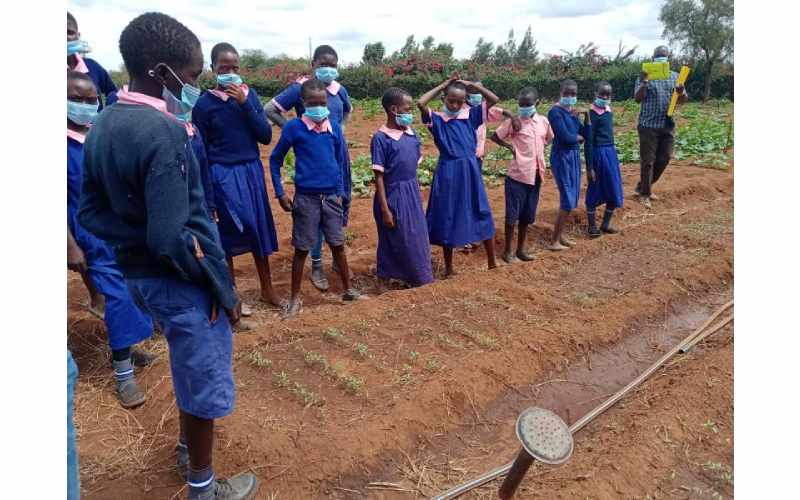×
The Standard e-Paper
Home To Bold Columnists

A school in Kajiado County has partnered with a nearby farm where Grade Four learners will acquire farming skills.
Eluanata Primary School approached Olaitotioni Farm last year and requested for a section where learners could put agriculture theory into practice.